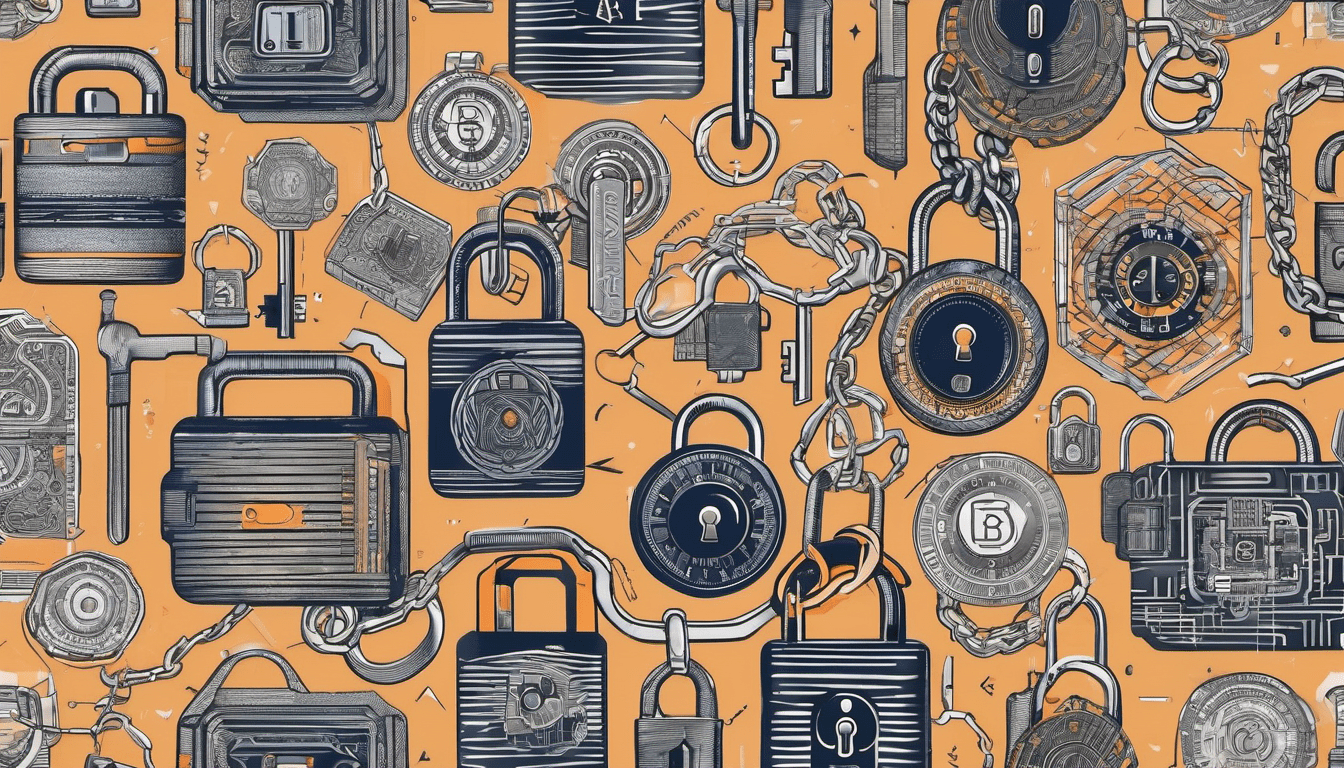
Introduction:
Cryptocurrencies have revolutionized the way we think about and handle money, offering decentralized and secure alternatives to traditional financial systems. However, with great power comes great responsibility, and ensuring the safety of your cryptocurrency holdings is paramount. In this blog post, we’ll explore essential security tips to help you protect your digital assets and navigate the world of cryptocurrencies safely.
- Secure Your Private Keys:
- Your private key is your digital signature and the key to your cryptocurrency wallet. Keep it offline and never share it with anyone.
- Consider using hardware wallets for an added layer of security. These physical devices store your private keys offline, making them less susceptible to online threats.
- Use Strong and Unique Passwords:
- Create complex passwords for your cryptocurrency exchange accounts and wallets. Avoid using easily guessable information such as birthdays or names.
- Use a unique password for each platform to prevent a security breach on one platform from compromising your entire portfolio.
- Enable Two-Factor Authentication (2FA):
- 2FA adds an extra layer of protection by requiring a second form of verification, usually a code sent to your mobile device, in addition to your password.
- Ensure that 2FA is enabled on all your cryptocurrency accounts, including exchanges and wallets.
- Regularly Update Your Software:
- Keep your wallet software, exchange apps, and operating system up to date with the latest security patches.
- Software updates often include important security enhancements that help protect your assets from evolving threats.
- Beware of Phishing Scams:
- Be cautious of phishing attempts through fake emails, websites, or social media accounts impersonating legitimate cryptocurrency platforms.
- Always verify the authenticity of URLs and double-check the email sender’s address before clicking on any links or providing sensitive information.
- Store Cryptocurrencies Offline (Cold Storage):
- Consider using cold storage options, such as hardware wallets or paper wallets, for the majority of your cryptocurrency holdings.
- Cold storage keeps your assets offline, reducing the risk of online hacking attempts.
- Educate Yourself:
- Stay informed about the latest security threats and best practices in the cryptocurrency space.
- Understand the technology behind cryptocurrencies, as this knowledge will empower you to make informed decisions and identify potential risks.
- Diversify Your Investments:
- Spread your cryptocurrency investments across multiple wallets and exchanges to minimize the impact of a potential security breach.
- Avoid keeping all your digital assets in one place.
- Use Secure Networks:
- Avoid accessing your cryptocurrency accounts on public Wi-Fi networks, as they may be less secure and susceptible to hacking.
- Use a virtual private network (VPN) for an added layer of security when accessing your accounts remotely.
- Regularly Monitor Your Accounts:
- Keep a close eye on your transaction history and account balances to detect any unauthorized or suspicious activity promptly.
- Set up alerts for large transactions or login attempts to stay proactive against potential threats.
Conclusion:
As the popularity of cryptocurrencies continues to grow, so does the need for robust security measures. By following these essential security tips, you can significantly reduce the risk of falling victim to cyber threats and enjoy a more secure and stress-free experience in the world of cryptocurrencies. Remember, safeguarding your digital assets is a continuous process that requires vigilance and commitment to best practices. Stay informed, stay secure, and embrace the future of finance responsibly.

